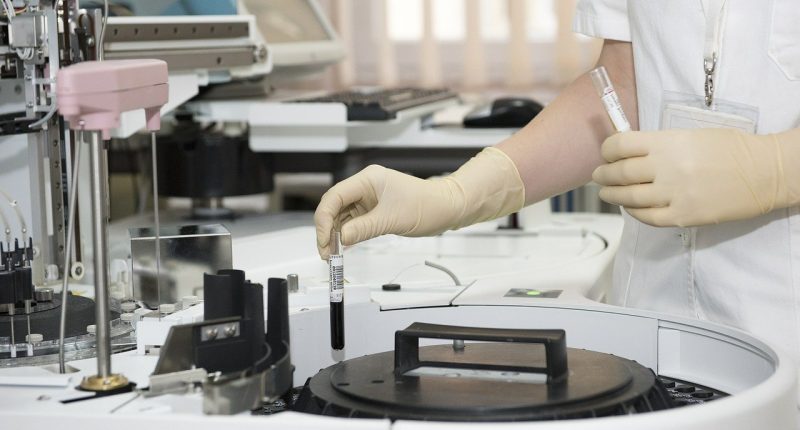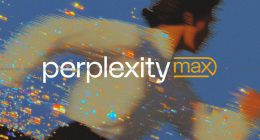Blockchain is one of the latest emerging technologies that aims to give us ways in which to streamline existing processes. The innovative nature of the decentralized ledger means that existing functions can be disrupted – with healthcare being a primary example. Healthcare is prime for blockchain as it involves sensitive data, which blockchain specialises in keeping secure. Data breaches, rising costs, and inefficiency mar the healthcare sector throughout the world and present issues that blockchain could remedy. But how exactly is blockchain enhancing the healthcare sector?
Keeping Sensitive Data Secure
The primary benefit of blockchain in healthcare will be to keep patient records safe and secure. Breaches lead to financial information being stolen as well as health data, all of which could be sensitive. Blockchain can keep an immutable record of data, which would help to prevent these breaches. As it is decentralised, patients and various healthcare professionals can draw on the information. Some even retain their origin, which helps track information back to its source.
Preventing Medical Miscommunication
Medical miscommunication is a blind spot in the healthcare sector. By having the patient data stored on the ledger, the ability to make mistakes is limited. This can help when coordinating care between different departments, and different healthcare professionals. Some even use the technology to expedite admin, which can help save time and speed up the patient’s access to care.
Tracking Drugs Through the Supply Chain
Not only will the origins of certain drugs be better tracked, data will be monitored throughout the process from manufacturing to provision to patients. As the data is stored, any issues can be flagged, and the system can be altered to allow things to run more smoothly. Patients can also be stopped from taking counterfeit medication through the data collected.
How Can Blockchain’s Success in Healthcare Benefit It Elsewhere?
One of the primary benefits of blockchain is that it can be used for a wide range of things, beyond healthcare. When blockchain is used in one setting in a successful way, the underlying technology is further legitimized. As it is legitimized, it attracts more investment, which can then see it being further deployed for uses in other sectors – such as manufacturing, construction, media, and science.
Those who use blockchain don’t just help extol its virtues – they also help it attract further investment. That, in turn, has the benefit of making the uses for blockchain across a range of sectors become more varied. If a small part of the logistics chain uses blockchain, it shows others how the technology can be further deployed in more complex parts of the process. Indeed, as this how to buy shares guide explains, diversification is the key to investing successfully in many different sectors. This helps spread out the initial capital and ensures that if one sector has a sudden crash, you won’t have completely lost everything. With so many uses for blockchain, investing in its development is an example of this diversification.
Estonia provides a good example of a country that handles almost all its healthcare data through the blockchain. 95% of health information is based on the ledger, and 99% of prescriptions are digital. The success of this could be enough to convince others that the innate features of blockchain can be beneficial for healthcare around the world. From preventing sensitive information breaches to preventing mistakes being made, and even ensuring greater safety in drug tracking – blockchain technology can improve how the healthcare sector operates to save time, money, and possibly even lives.




